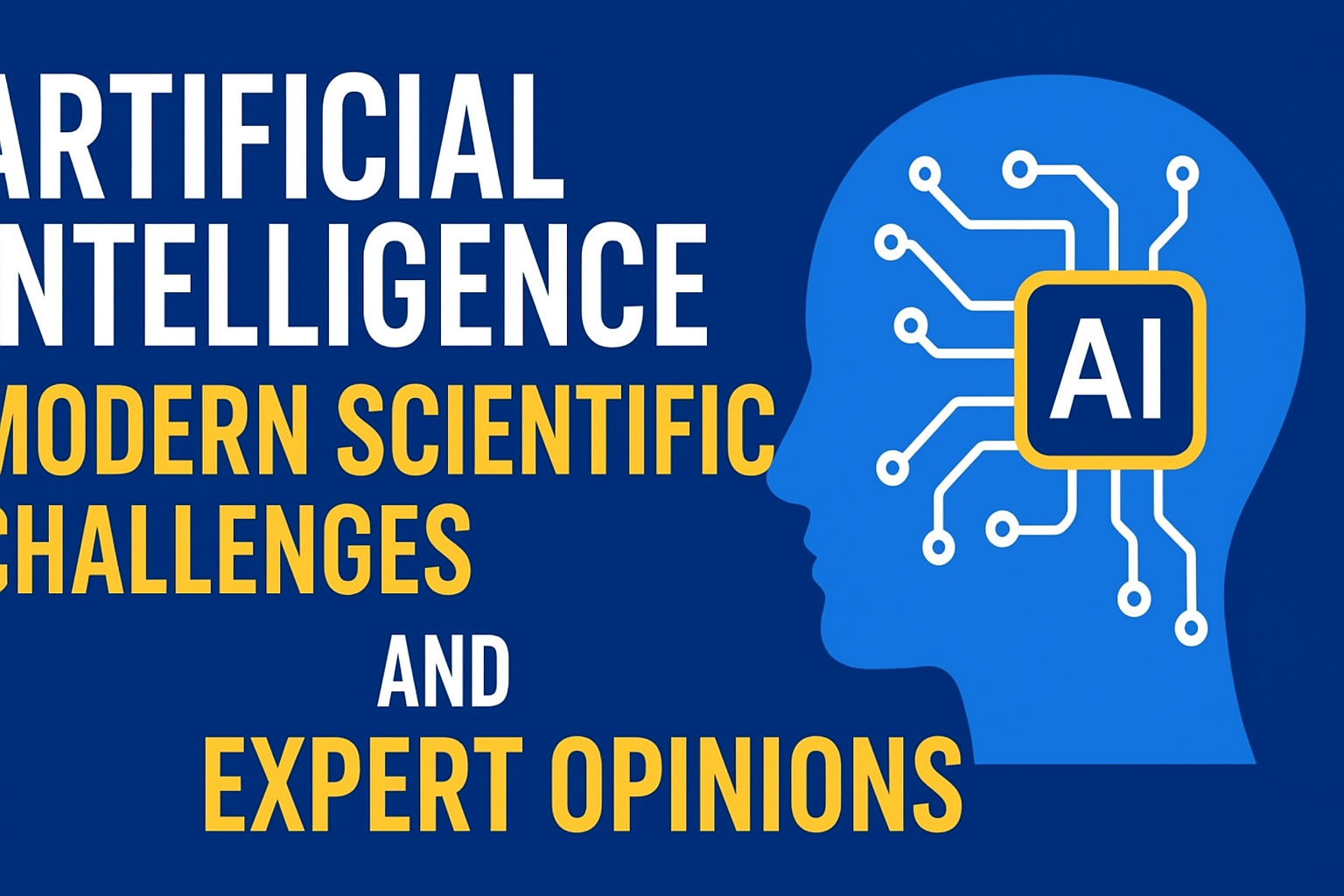The rapid advancements in science and technology have brought countless opportunities to humanity, but at the same time, they have also created a wide range of modern scientific challenges. These issues are not limited to technology alone but extend into areas such as faith, worship, transactions, society, and ethics.
Among the most pressing issues are: brain death, cryptocurrency, NFTs, the metaverse, network marketing, DNA testing and lineage verification, dropshipping, halal and haram ingredients in food, lab-grown meat, machine slaughtering, medical insurance, human milk banks, credit cards, artificial ventilators, test-tube babies, e-commerce via digital communication, and organ transplantation.
Such issues require not only religious insight but also deep knowledge of specialized sciences. For this reason, whenever a Dar al-Ifta (Islamic legal authority) is faced with a question related to these challenges, reputable Muftis (Islamic jurists) seek the assistance of scientific experts. Only after thoroughly understanding the nature of these issues through the opinions of credible specialists do scholars issue a fatwa with great caution.
The Rise of Artificial Intelligence in Fatwa Writing
In recent years, some students of Islamic jurisprudence (Takhassus students) have started turning to artificial intelligence tools such as ChatGPT, Gemini, and DeepSeek to understand the reality of these scientific problems. While this may seem convenient, it carries significant risks:
- Lack of authentic sources – Students may fail to access original scientific research or expert opinions, relying instead on one-sided AI-generated responses.
- Incomplete understanding – They may not grasp the true nature of the issue, leading to flawed conclusions.
- Manipulation of views – AI systems, influenced by external forces, may present biased or fabricated opinions.
- Fake references – AI sometimes generates non-existent scientific sources, which students unknowingly cite in their fatwas.
- Damage to credibility – If a fatwa is issued based on inaccurate science, it harms the reputation of Islamic scholarship in the scientific community.
- Growing scholarly disputes – Incorrect scientific foundations in fatwas fuel disagreements among scholars.
- Weak intellectual growth – Overdependence on AI weakens students’ critical thinking and scholarly abilities.
- Transmission of errors – These students later become teachers, spreading the same flawed dependency on AI to future generations.
- Loss of trust with scientists – When scholars reject valid scientific findings due to overconfidence in AI tools, scientists distance themselves from religious scholars.
- Dangerous precedents – AI-driven fatwas may allow rulings that earlier scholars never imagined permissible, leading to harmful social practices.
The Role of Experts and Scholars in Scientific Matters
Some voices argue that Muftis themselves should become experts in modern science and not rely on specialists. However, this perspective is flawed. Both Islamic scholars and scientists have their distinct responsibilities, and crossing those boundaries creates confusion. The Qur’anic verse:
“Ask the people of knowledge if you do not know” (Al-Nahl: 43)
has always been understood by classical jurists to mean consulting experts in their respective fields, regardless of religion. Thus, in modern scientific issues, the opinions of specialists are not only useful but necessary to determine the reality of the matter before deriving a Shariah ruling.
Prominent scholars like Mufti Muhammad Taqi Usmani and contemporary works such as “Fiqh and Science” by Maulana Fidaullah (Darul Uloom Karachi) emphasize that scientific expertise is indispensable in addressing modern challenges. The book cites numerous examples from classical and contemporary Fiqh where jurists relied on experts to establish facts before issuing fatwas.
Conclusion
In summary, the integration of expert scientific opinions is a requirement in issuing fatwas on modern technological and medical issues. Artificial intelligence tools cannot replace authentic experts, as they often provide incomplete, biased, or fabricated information. Overreliance on AI in Islamic jurisprudence risks intellectual decline, weakens credibility, and distances scholars from scientists.
The responsibility of Ulama (Islamic scholars) is to preserve the integrity of Islamic law, while the responsibility of scientists and specialists is to provide accurate insights into the nature of modern problems. By respecting these boundaries and working together, the Muslim Ummah can protect itself from confusion, safeguard its intellectual legacy, and offer balanced, credible, and future-proof solutions to the challenges of modern science and technology.



